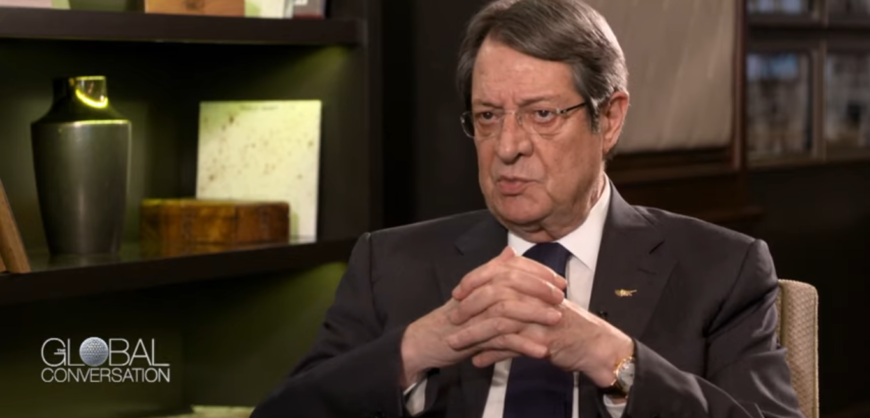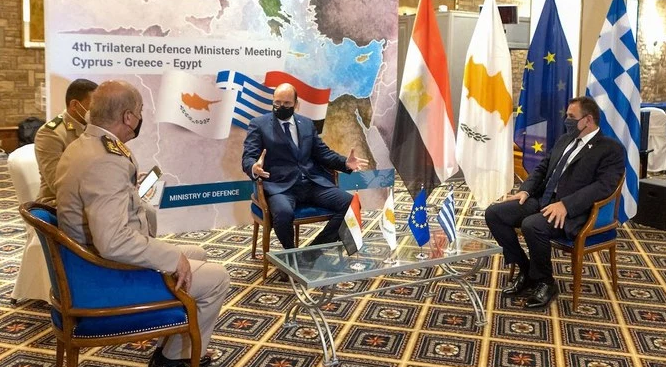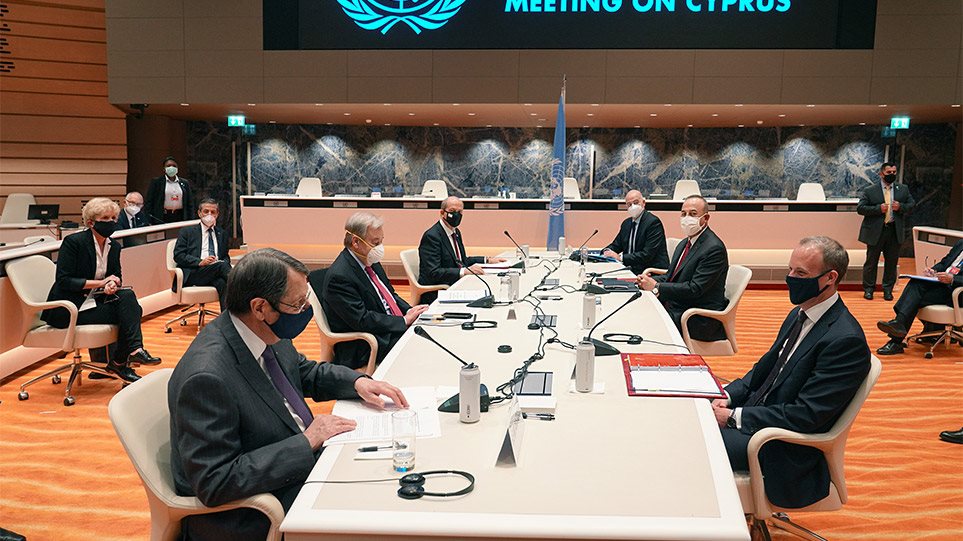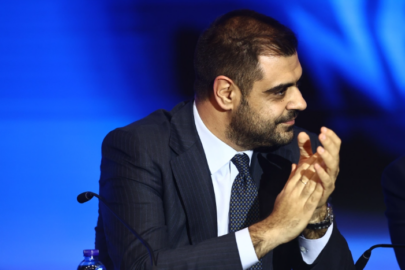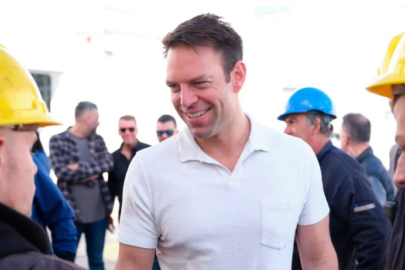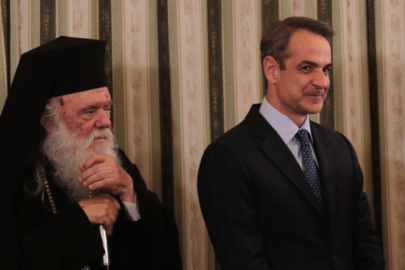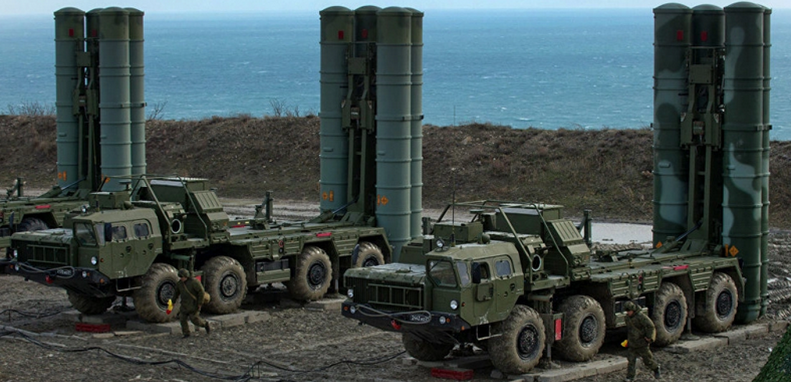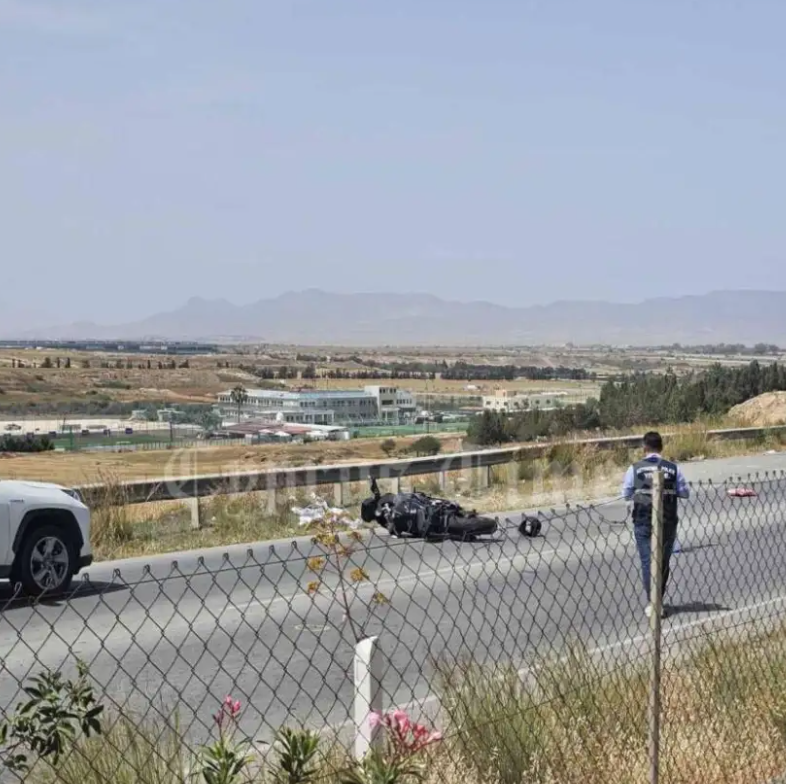It has been almost a month since the informal five-party+1 meeting talks in Geneva took place to discuss the Cyprus issue. Turkish-EU relations are also currently in the spotlight as the bloc discusses a possible ‘positive agenda’ with Turkey.
The President of the Republic of Cyprus, Nicos Anastasiades gave an interview to Euronews explaining Cyprus’ position on the issue.
I want to start, of course, with the recent informal 5 party meeting about the Cyprus issue that took place in Geneva. So we saw that this time the two sides were diametrically opposed and we saw a gap which we could be described as unbridged. In other words, you insist on the bi-zonal bi-communal federation and the Turkish Cypriot side proposed, this time, and brought to the table, the solution of two states. Do you think that this gap can really be bridged, or is there now a total rift?
– President of the Republic of Cyprus, Nicos Anastasiades:
As far as we’re concerned, we didn’t present anything beyond what is already in the context of the UN parameters, we presented the topics achieved by dialogue (in the past negotiations). We gave specific information, like how the rights of Turkish Cypriots are protected, how human rights are to be guaranteed. How can we accept positions that are at the expense of what is happening in any other federal state? In other words, we made concessions in order to satisfy the claims of the Turkish Cypriots. What has created this gap? The completely new position that we should proceed to a solution, not using the bi-zonal bi-communal federation with political equality as defined in the resolutions of the United Nations, but by using the solution of two states. That’s something that is unthinkable for the international community as it contradicts all UN resolutions without exception as far as the Cyprus issue is concerned. It also contradicts the position of the European Union.
Yet, you went to Geneva and Mr Tatar, the Turkish Cypriot leader, officially submitted this proposal for the two states for the first time. Are you disappointed that the Secretary-General of the United Nations accepted such a thing? Is it something that is pushing the Greek Cypriot position back at this stage?
– President of the Republic of Cyprus, Nicos Anastasiades:
It’s not pushing the Greek Cypriot position back, it’s pushing the solution to the Cypriot issue back in general. But I am sure that the Secretary-General will not risk convening another five-party meeting, even if it’s an informal one if he does not see there is common ground somewhere. If Mr Erdogan or Turkey insists that any negotiations to find a solution to the Cyprus problem should start only under the condition that a sovereign Turkish Cypriot state is recognised, you realise that we won’t go anywhere. First of all, it is not within the terms of the Secretary-General’s mandate, and he himself is not allowed to convene another conference if the facts are presented as they were in Geneva, facts that were repeated through statements from the Turkish President and other officials. That’s why what I want to believe is that the Secretary-General will weigh up all factors before he decides whether he is permitted to convene another meeting.
Have you seen a change in the British attitude towards the Cyprus issue since Brexit?
– President of the Republic of Cyprus, Nicos Anastasiades:
The British always follow the policy that they believe will help their own interests. It is well known that they maintain British bases in Cyprus. The British bases are based on the agreement establishing the Republic of Cyprus. They can therefore not go ahead or accept or propose a two-state solution. But what they are trying to do, or at least they came up with some proposals, is to give a sovereign right which at first seems completely innocent. But sovereign right will turn into the right of self-determination of secession. We want to work closely with the British who have played and continue to play a role. But we want that role to go in the right direction and for it not to bridge unacceptable claims raised by Turkey.
So, would you say that their attitude in Geneva was constructive after all?
– President of the Republic of Cyprus, Nicos Anastasiades:
It was, in the sense that they very clearly said that it is inconceivable or rather unacceptable a solution based on two states.
A Roman legionary gravestone in Bulgaria tells a fascinating story
Fauci admits ‘modest’ NIH funding of Wuhan lab
There is a European Council in June that is expected to discuss the issue of Turkey and I would like to ask you a very simple question: The European Union has put on the table a ‘positive agenda’ with Turkey that includes various elements. It is based on the assumption that Turkey’s tone and behaviour in the Eastern Mediterranean, towards Greece and the Republic of Cyprus will improve. Do you consider this justified?
– President of the Republic of Cyprus, Nicos Anastasiades:
The fact that gas research projects are currently suspended by their research vessels, which means they’ve stopped, for the time being, to challenge the sovereignty of the Republic of Cyprus in its exclusive economic zone, is not enough. The plans to open the ghost town of Famagusta for settlement continue. That aside, there is this new challenge of the proposal of a two-state solution. In essence, what they are seeking is either the annexation of the northern part of the island or the creation of a puppet state which would be a province of Turkey and its independence would be determined by the degree of Turkish control.
Does this mean that in June, when you come back to Brussels and the European Council, you are going to block any decision to trigger the ‘positive agenda’, an agenda which may include an upgrade of the customs union which is something that Turkey, as we know, wants a lot?
– President of the Republic of Cyprus, Nicos Anastasiades:
A positive agenda is adopted when there is positive behaviour. When on the contrary, one challenge comes after another, you realise that it would be political suicide if, with my knowledge, I accept a positive agenda that would not include Cyprus. I have no choice.
Are you ready to veto it?
– President of the Republic of Cyprus, Nicos Anastasiades:
Definitely, yes.
And finally, what do you expect from the European Union?
– President of the Republic of Cyprus, Nicos Anastasiades:
As well as verbal solidarity, I would expect a more practical active engagement with determination so that Turkey understands that it cannot play around and exploit the individual interests of some European countries.
The full interview:
Source: Euronews

